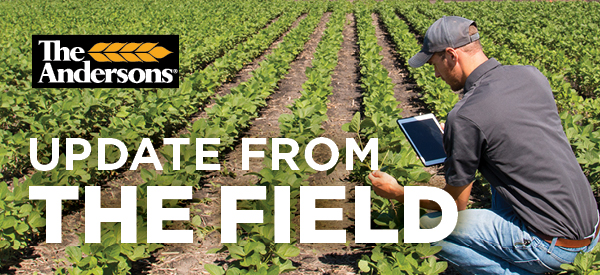Update from the Field: Small Quantities, Giant Rewards Part 1
Posted by Dave Dyson, Agronomist on February 04, 2019
This post may reference products and/or services only available to our Retail Farm Center customers. For more information contact your Territory Manager at The Andersons.

This will be the first article in a four-part series about micronutrients, presenting four different micronutrients and how they affect the crop. Micronutrients are just as important as macronutrients, but the amount required is very small. One might ask, why do we need to apply these nutrients now if I have never applied them in the past? Why does my soil or tissue test show a deficiency in these nutrients and I’m still pulling good yields off my fields? As the corn yields start to stretch into the 200+ bu/ac range, crops start to demand and remove micronutrients from the soil at a much more rapid pace. Days of widespread manure application have been replaced with an increased use of high-quality NPK fertilizers containing lower quantities of micronutrients. These factors contribute to the significant need for micronutrients in order to achieve full yield potential. There is an illustration from the 19th century known as the Law of the Minimum that shows an old stave barrel (figure 1). If any one stave is shortened or missing, the barrel will drain to the level of the lowest stave, never reaching its full potential. The same goes for your crops; if any one nutrient, micro or macro, is deficient, your crop will never reach its full yield potential.

Figure 1: This old stave barrel shows if one stave is short or missing, the barrel cannot be filled to its potential. Likewise, if any one nutrient is deficient, your crop cannot perform to full potential.
Molybdenum, or “moly” as it’s sometimes nicknamed, is an essential trace element that is not talked about much. The use rate of this trace element is very small, but that does not diminish the importance moly brings to the crop. Molybdenum is required for the synthesis and activity of the enzyme nitrate reductase and is vital for the process of symbiotic nitrogen fixation by Rhizobia bacteria in legume root modules. Like boron, a little molybdenum goes a long way. The line between deficiency and toxicity is a tightrope one needs to walk carefully.
Recommended molybdenum rates are much lower than those for the other micronutrients, so uniform application is important. This is why a high-quality liquid application would be the best choice in applying molybdenum. There are two stages during a plant’s life cycle when a high-quality liquid source of molybdenum can make a big difference. The first is at planting. If we introduce moly into the starter, close to the seed, we increase nitrogen efficiency to that small seedling. The second stage is during reproduction. The surge in not only yield, but also later nitrogen uptake in newer corn hybrids, has created a demand for later application of certain micronutrients as well. Molybdenum is immobile in the plant and will not translocate to the new growth where it’s needed. Applying a product like Eezy™ Moly-B during the reproductive stage will help the plant process the uptake of late-season nitrogen more efficiently. The high demand for energy and nutrients during the reproductive stage, coupled with the increased uptake in nitrogen, make a late application of moly the perfect timing.
In conclusion, molybdenum deficiency can look like a lack of nitrogen. The hunger can be hidden or masked by other deficiencies. The low use rate can make molybdenum difficult to work with, but if you know when and how to apply a high-quality moly product the results can be big. Contact me or your local representative from The Andersons for more information about Eezy Moly-B.
FOR MORE INFORMATION:
Please complete the form, and we’ll get you in touch with your Territory Manager from The Andersons.

Dave Dyson is a regional agronomist for The Andersons’ Farm Centers which are located throughout Ohio, Michigan, and Indiana. He is an Indiana native and grew up on a dairy farm in Miami County. A graduate of Purdue University with a degree in Crop & Soil Science, Dave has a deep knowledge of various agronomic topics and is committed to helping growers improve their crops. If you have any questions, Dave can be reached at david_dyson@andersonsinc.com.
Eezy is a trademark of The Andersons, Inc.


